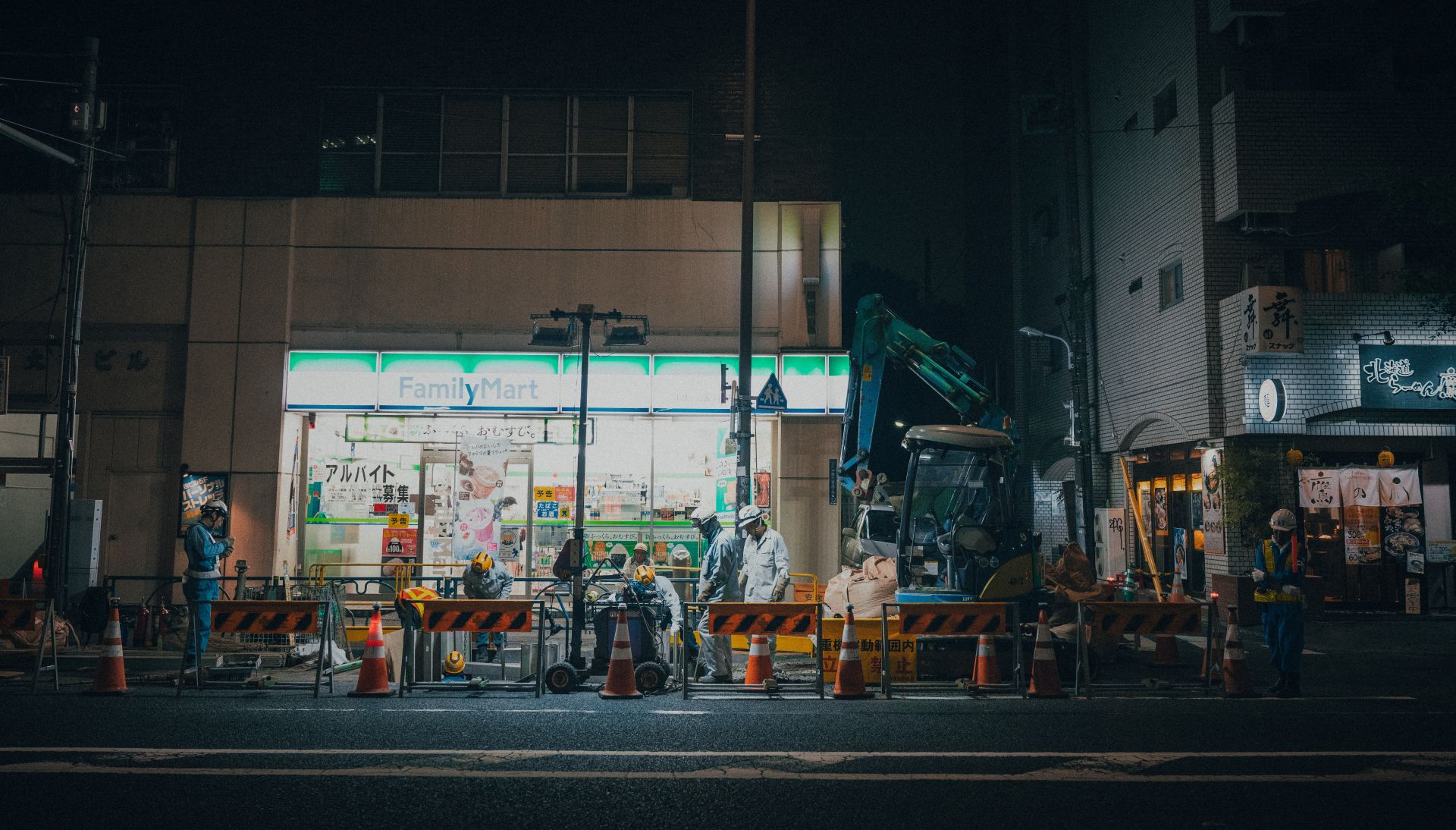Media Releases
Night shift more at risk from Covid

A James Cook University researcher has found night shift workers have almost double the risk of catching COVID-19, and suggests they may need to be recognised as a vulnerable group.
Dr Yaqoot Fatima, a Senior Research Fellow at JCU’s Mt Isa Centre for Rural and Remote Health, said despite circadian rhythm disruption in shift workers causing increased vulnerability to infection, the link between shift work and COVID-19 had not been explored before.
“We recognise advanced age, being male, ethnic minority background, underlying medical conditions and weakened immune systems as key factors associated with increased vulnerability for COVID-19 infection and severity.
“We also know there are high rates of COVID-19 in frontline health workers and people from working-class jobs have a proportionately higher death rate. Knowing the effects of working shifts on overall health, it seemed likely that there was a link there as well,” said Dr Fatima.
A team of researchers used data from UK Biobank project - a record of the lifestyle, medical history, nutritional habits, physical measurements and blood and urine samples of 500,000 middle-aged UK residents - and linked it with National Health Service COVID-19 test results in England.
“Compared with their counterparts, people employed in a night shift-based job had 1.85 times more chance of having COVID-19 infection. This was irrespective of whether they were working in a healthcare setting or their socio-economic status,” said Dr Fatima.
She said compared with caucasian Britons in non shift-based jobs, shift workers from ethnic minorities had 2.43-fold higher odds of having a COVID-19 infection.
“Other researchers have put forward the theory that disruption of circadian rhythms resulting from night shift working could predispose someone to be more at risk of infection with COVID-19. This could be a function of reduced melatonin levels, and poor immune response,” said Dr Fatima.
She said it is the first study to establish a link between shift work and COVID-19.
“If similar results are obtained from other studies, then it seems we need to redefine high-risk groups and develop appropriate policies and protocols to protect people in shift-work from COVID-19 - and all other poor health outcomes - caused by disrupted circadian rhythms,” said Dr Fatima.
Dr Yaqoot Fatima (Mt Isa)
E: Yaqoot.fatima@jcu.edu.au